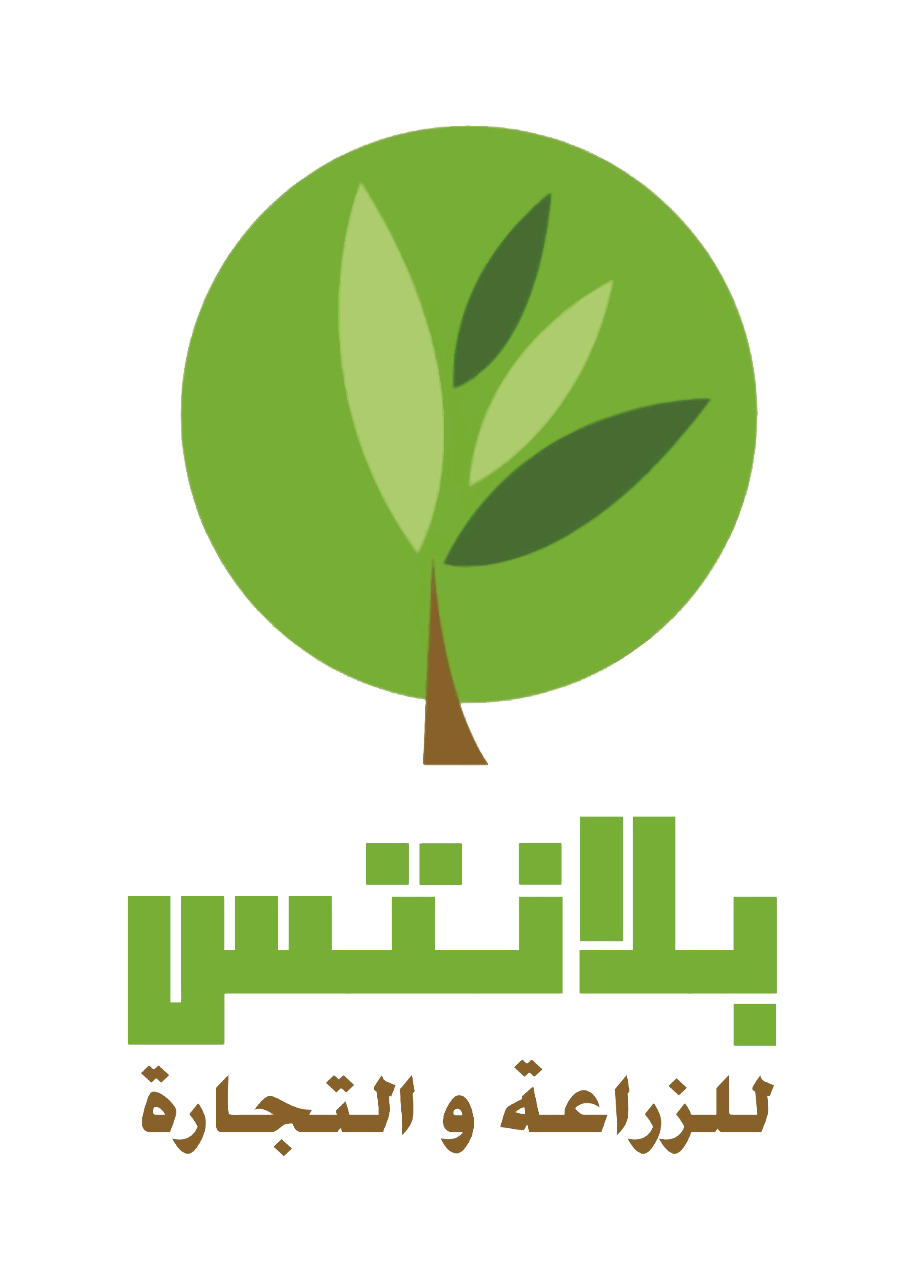- 17 Oct 2012
$20 million project aims to transfer Brazilian know-how in support of cotton farmers
17 October 2012, Rome - Brazil and FAO signed a new South-South cooperation agreement today worth $20 million that aims to channel Brazilian expertise in cotton production to other developing countries.
The four year collaborative effort between FAO, the Brazilian Cotton Institute (Instituto Brasileño del Algodón, IBA) and the external cooperation wing of Brazil’s Foreign Relations Ministry (Agencia Brasileña de Cooperación, MRE) will target participating countries with technical assistance and training in best practices in cotton cultivation and marketing.
Experiences, technologies and techniques acquired through the effort will be captured and disseminated to promote further knowledge- and skills transfer.
The project will initially focus on Haiti and the MERCOSUR zone of South America, with a possible later extension into other developing countries in Latin America and Africa.
Brazil’s IBA is providing $10 million in financial support; the Brazilian Cooperation Agency is supplying an additional $10 million.
Beyond financial support, Brazil also has considerable experience in devising new technologies for the cotton production chain, including through cooperative rural development efforts undertaken with other developing-world cotton producers such as Benin, Burkina Faso, Chad and Mali.
FAO’s Regional Office for Latin America and the Caribbean will contribute $200 000 worth of nonfinancial support, including the provision of expertise and technical information as well as mobilizing its international networks in support of the effort.
Cotton is fundamental to the economies of many developing nations, particularly in West and Central Africa, where around 10 million small farmers depend on the sector for their income. As a result, the sector occupies a strategic position in the development and poverty-reduction strategies of a number of governments in Africa, Asia and Latin America.
The promise of South-South collaboration
“This agreement represents an excellent opportunity to demonstrate the effectiveness of South-South cooperation between developing-world partners as a vehicle for sustainable economic growth,” said FAO Director-General José Graziano da Silva at an agreement signing ceremony today at FAO’s Rome headquarters.
He was joined by the Brazilian Minister of Foreign Affairs, Antonio de Aguiar Patriota.
Both the UN’s Millennium Development Goals and the objectives established at the 1996 World Food Summit call for the greater use of South-South regional cooperation initiatives that aim to help farmers to obtain a fair return for their work and which encourage the conservation and sustainable use of natural resources.
